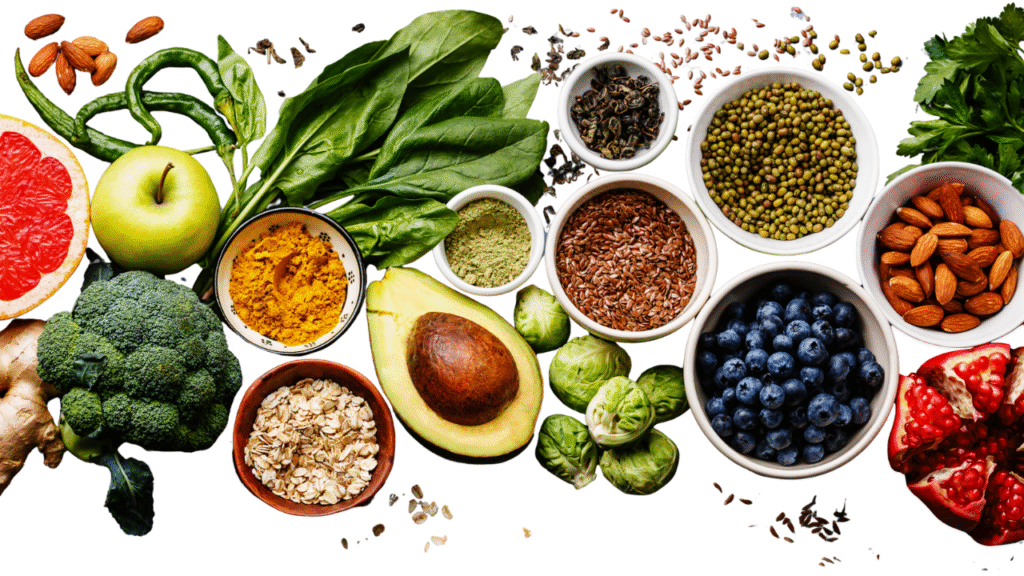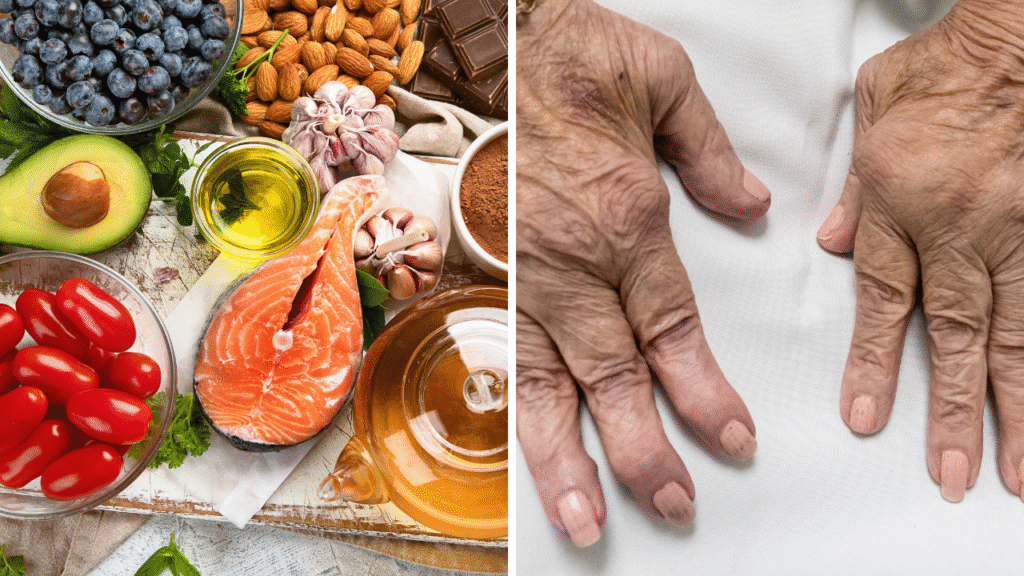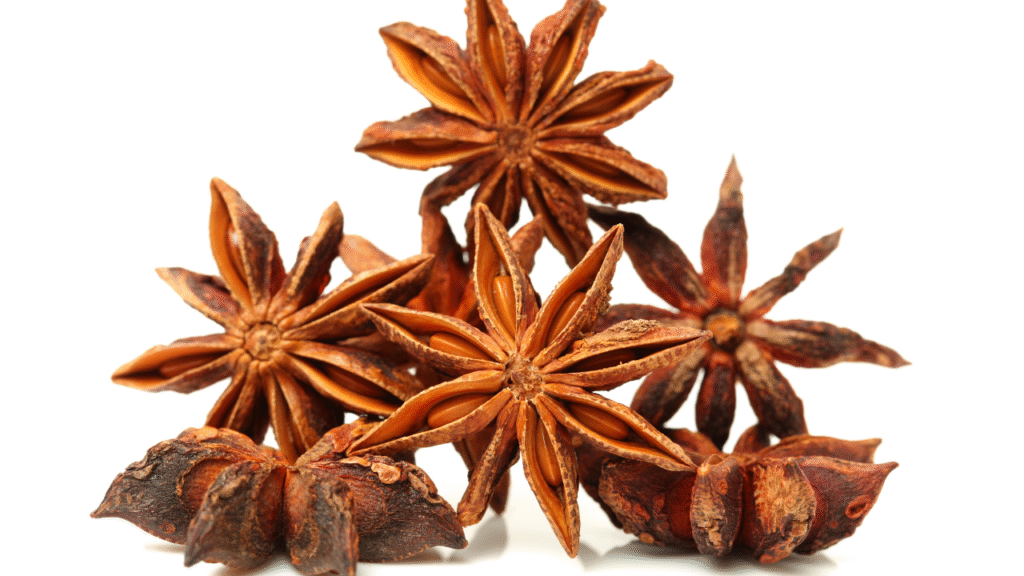
Did you know that watermelon is a delicious summer fruit and a hydrating powerhouse? With its high water content of about 92%, it’s no wonder why watermelon is a favorite choice to quench thirst on hot days.
Watermelon, a sweet fruit native to southern Africa, is high in water and minerals, has low calories, and has a refreshing taste. It contains citrulline and lycopene, plant chemicals with potential health advantages such as lower blood pressure, increased insulin sensitivity, and reduced muscular soreness. You can eat Watermelons fresh, frozen, juiced, or blended.
Watermelon seeds or rinds
The rinds and seeds of watermelon have various health benefits. The rinds contain more fiber and citrulline than the flesh. They also include magnesium and folate, which help the body operate and prevent disease. The Fatty acids in seeds help decrease cholesterol and prevent heart attacks and strokes. For a healthful snack, stir-fry them with other vegetables and seasonings. While melons are usually helpful, further research is needed to understand their physiological impacts fully.
Nutrition Facts
Watermelon is high in minerals such as potassium, magnesium, and vitamins A and C and is low in calories, containing only 46 calories per cup. It has 11.5 g of carbohydrates, 0.6 g of fiber, 9.4 g of sugar, 0.9 g of protein, and 0.2 g of fat. Citrulline is an amino acid that may improve exercise performance and contains 5% of the daily value (DV). Watermelon also contains antioxidants such as vitamin C, carotenoids, lycopene, and cucurbitacin E, which aid in the fight against free radical damage, which can lead to diabetes, heart disease, and cancer.
1. Carb
Watermelon, a fruit with a high glycemic index (GI) of 72–80, contains 12 grams of carbohydrates per cup, most of which are simple sugars such as glucose, fructose, and sucrose. It also includes a trace of fiber. Despite its minimal carbohydrate content, each serving should have little effect on blood sugar levels.
2. Fibers
Watermelon has 0.4 grams of fiber per 2/3 cup but is high in FODMAPs, or fermentable short-chain carbohydrates. High fructose consumption can create digestive problems in people who cannot fully digest it, such as those with fructose malabsorption. Despite its low calorie and fiber content, watermelon is mostly water and simple carbohydrates.
3. Vitamins and minerals
Watermelon contains vitamins C, B5, A, potassium, and copper. It is necessary for skin health, immunological function, blood pressure regulation, and heart health, and it is abundant in plant diets. Copper, typically deficient in Western diets, is rich in plant foods. Watermelon contains beta-carotene, which can be turned into vitamin A. Overall, watermelon is an excellent provider of vitamins and minerals.
4. Citrulline
Watermelon has the highest dietary concentration of citrulline, an amino acid in its white rind. It is turned into the essential amino acid arginine, which creates nitric oxide and lowers blood pressure by relaxing blood vessels. Arginine is necessary for several organs and aids in wound healing. Watermelon juice contains citrulline and can considerably raise blood levels of both. To meet the Reference Daily Intake (RDI) for arginine, however, one would need to ingest around 15 cups at once.
5. Lycopene
Watermelon is a well-known fresh source of lycopene, a potent antioxidant distinguished by its bright red hue. It is a more reliable supply than tomatoes. Watermelon juice has been shown in studies to raise blood levels of lycopene and beta-carotene. The body converts lycopene into beta-carotene, which is then turned into vitamin A. Watermelon is also high in citrulline and lycopene, which are necessary nutrients for the body.

Health Benefits and Uses of Watermelon
1. Reduced Insulin Resistance
Insulin, an essential hormone for blood sugar management, can develop resistance to its actions, resulting in high blood sugar levels and metabolic syndrome. In studies, watermelon juice and arginine consumption have been linked to lower insulin resistance and better blood sugar control.
2. Lower Post-Workout Muscle Soreness
Watermelon juice has been shown to reduce post-exercise muscle soreness, a typical side effect of vigorous activity. On the other hand, watermelon juice and exercise performance studies have yielded inconsistent results, with some studies finding no effect and others demonstrating enhanced performance in untrained persons. It has been shown to lower blood pressure and insulin resistance.
3. It helps you stay hydrated.
Watermelon is a high-water-content food with a 92% water content, suitable for daily water intake. Because of its high water content, it is an ideal choice for weight management because it has a low-calorie density, resulting in very few calories per unit weight. This aids in hydration while also boosting general health and increasing fullness. In conclusion, the high water content of watermelon can help maintain overall health and promote weight management by supplying necessary nutrients and encouraging a feeling of fullness.
After physical activity or a workout, consuming a sprinkled watermelon with salt helps replace electrolytes and carbs, restoring energy and soothing thirst.
4. Maintain a healthy weight.
Because of its high water content, watermelon is a healthy alternative to high-calorie dessert treats. According to a 2019 study, those who ate watermelon instead of low-fat cookies for four weeks experienced reduced hunger and a lower urge to eat. Watermelon consumption was also linked to lower body weight, BMI, waist-to-hip ratio, and blood pressure.
5. Supports eye health
The nutrients in watermelon are suitable for the eyes, as they contain antioxidants that can prevent cataract formation and lower the risk of age-related macular degeneration. Furthermore, the vitamin A in watermelon promotes corneal health, with one medium slice carrying up to 11% of the daily vitamin A needed.
6. May have anticancer effects
Watermelon includes plant components such as lycopene and cucurbitacin E, which may have anticancer properties. By lowering blood levels of insulin-like growth factor (IGF), a hormone that encourages cell proliferation, lycopene may reduce the risk of some types of cancer, such as prostate and colorectal cancer. Cucurbitacin E may suppress tumor growth by inducing cancer cell autophagy. However, more research is required to grasp these substances’ potential benefits fully.
7. May improve heart health
Watermelon is high in nutrients that may benefit heart health, which is important because heart disease is the leading cause of death worldwide. By lowering blood pressure and cholesterol levels, lifestyle factors such as nutrition can reduce the risk of heart attack and stroke. It contains lycopene, which may help lower cholesterol and blood pressure, and citrulline, an amino acid found in watermelon, which may help improve nitric oxide levels, which helps blood vessels dilate and lower blood pressure. It also contains magnesium, potassium, and vitamins A, B6, and C, all beneficial to the heart.
8. Potentially lowers oxidative stress and inflammation
Watermelon’s antioxidants, lycopene, and vitamin C may help reduce inflammation and oxidative damage, significant contributors to chronic disease. According to research, animals fed watermelon powder to replace an unhealthy diet had reduced levels of oxidative stress and the inflammatory marker C-reactive protein. In addition, an 8-week trial of 31 people with obesity and high inflammatory indicators revealed a substantial decrease in inflammatory markers. Lycopene may potentially postpone the beginning and progression of Alzheimer’s disease. More investigation is required.
9. Helps prevent macular degeneration
Lycopene, a watermelon chemical, may provide eye advantages, including avoiding and inhibiting age-related macular degeneration (AMD), a prevalent eye issue that causes blindness in elderly persons. Its antioxidant and anti-inflammatory capabilities may reduce inflammatory indicators’ ability to damage cells. However, further research is needed to understand lycopene’s antioxidant and anti-inflammatory properties completely.
10. Could reduce muscle pain
Citrulline, a watermelon amino acid, has been shown to boost exercise performance and minimize muscle soreness. Citrulline supplementation for at least seven days can boost aerobic performance by increasing the body’s nitric oxide synthesis, which helps enlarge blood vessels and decrease cardiac effort. Furthermore, watermelon, not simply citrulline, may benefit the body after exercise. According to one study, watermelon juice and citrulline-mixed watermelon drinks reduced muscular soreness and sped up heart rate recovery compared to the control drink. More investigation is required.
11. May aid skin health
Watermelon is high in vitamins A and C, vital for skin health. Vitamin C promotes collagen formation, a protein that strengthens skin and hair. Increased vitamin C consumption may help minimize wrinkles and dry skin. Vitamin A is essential for healthy skin since it helps with cell formation and repair. Animals with vitamin A deficiency mend wounds slower than animals with a balanced diet. More research is required to determine the precise benefits of watermelon for hair and skin health.
12. May improve digestion
It is high in water and fiber, which are necessary for proper digestion. Fiber promotes regular bowel movements, whereas water effectively transports waste through the digestive tract. A survey of 4,561 adults discovered that a lack of hydration and fiber increased the incidence of constipation. Other factors, however, may also lead to constipation.

What are the watermelon side effects?
Watermelon is generally safe to eat; however, it should be avoided if you have migraine headaches, pollen allergies, diabetes, or digestive problems. Its high tyramine concentration can cause headaches, and its natural sugars may make digestion problematic for some people with diseases such as IBS. Because of its natural sugars, watermelon should be consumed in moderation. Bloating, constipation, or diarrhea may occur in people with digestive problems.
Conclusion
Watermelon, a popular summer fruit with high water and nutrient content, may improve heart health, reduce muscular pain, and reduce inflammation, though further research is needed to support these claims.
Links
- Watermelon consumption improves inflammation and antioxidant capacity in rats fed an atherogenic diet (PubMed, nih.gov).
- Effects of watermelon supplementation on aortic blood pressure and wave reflection in individuals with prehypertension: a pilot study, PubMed (nih.gov)
- Lycopene as the most efficient biological carotenoid singlet oxygen quencher, PubMed (nih.gov)
- Effect of citrulline on post-exercise ratings of perceived exertion, muscle soreness, and blood lactate levels: A systematic review and meta-analysis, PubMed (nih.gov)
- Beneficial effects of a long-term oral L-arginine treatment added to a hypocaloric diet and exercise training program in obese, insulin-resistant type 2 diabetic patients (PubMed, nih.gov)




